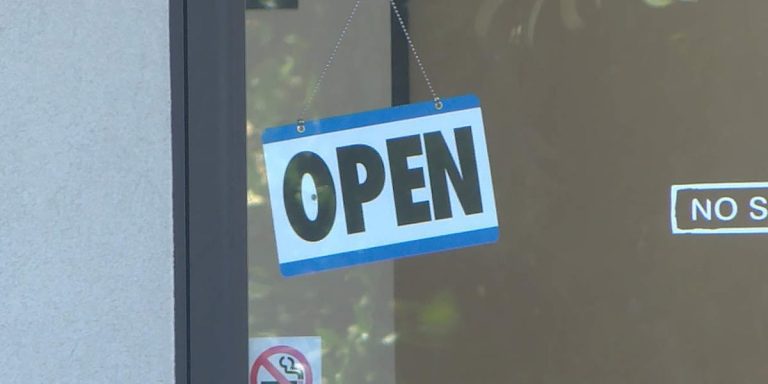CHARLESTON, SC (WCSC) – As the new year approaches, business owners, economists and researchers are preparing for the unknown changes in economic policies that are sure to come when a new administration takes power in Washington.
The economy was a top issue on the campaign trail, with President-elect Donald Trump lashing out at the Biden administration’s handling of the COVID-19 economic rebound marred by soaring inflation and interest rates among the highest in the last 20 years.
Since peaking at more than 9% in 2022, inflation has declined and the Federal Reserve has responded by lowering interest rates to stimulate controlled economic growth. Americans are ending 2024 with an inflation rate between 2 and 3 percent and interest rates below 5 percent, preparing their businesses for growth in the new year.
These figures are still far from the inflation and virtually non-existent interest rates seen in late 2020, when Trump left office, but they suggest that the economy is recovering well from the impact of the pandemic and the wars. foreign and is ready to start. 2025 on a strong note.
“I think small business owners are optimistic,” says Frank Knapp, president and CEO of the South Carolina Small Business Chamber of Commerce. “But they’re very wary of what’s going to happen with the new administration, because the new administration may take actions that would have serious consequences for small businesses.”
Knapp’s organization is eagerly awaiting details on two of Trump’s favorite talking points that could lead to major changes in economic forecasts: tariffs and mass deportations.
He says Trump’s insistence on tariffs could hamper any business that relies on parts or products made in other countries, including China. Since small businesses have tight margins, these costs are passed on to the customer.
“Unfortunately, small businesses are not always able to fully pass on (to customers) the additional cost of these products manufactured in other countries,” says Knapp. “They may need to look to other ways to minimize their expenses.” Perhaps it’s cutting employee hours, benefits, or positions altogether.
The other policy Knapp’s team is monitoring focuses on a campaign promise to carry out the largest mass deportation the country has ever seen. Knapp says the problem is that small businesses rely on these workers.
“In this country, up to 13 million undocumented people work for small businesses,” Knapp says. “They work in agriculture, construction, hotels and restaurants, landscaping and elderly care. These are all small businesses that will suffer the negative consequences of these mass evictions.”
The Pew Research Center estimates there are 95,000 unauthorized workers in South Carolina. If all of these workers are deported, Knapp says it will be a huge problem for the economy.
“We’re just not producing the number of workers we need,” Knapp says. “Ninety percent of all undocumented workers in this country are of working age. Small businesses will either be forced to go out of business or they will not be able to produce the goods and services demanded by consumers.
If a mass eviction ends up hurting small businesses, Knapp says he’s working on a possible class-action lawsuit that could help businesses recoup their losses.
“If nothing changes in Washington, after January 21, small businesses will do well. They’re really going to make progress, but if there are major changes in national policy, small businesses are going to be very concerned,” Knapp says.
Trump’s inauguration date is January 20.
Copyright 2024 WCSC. All rights reserved.


